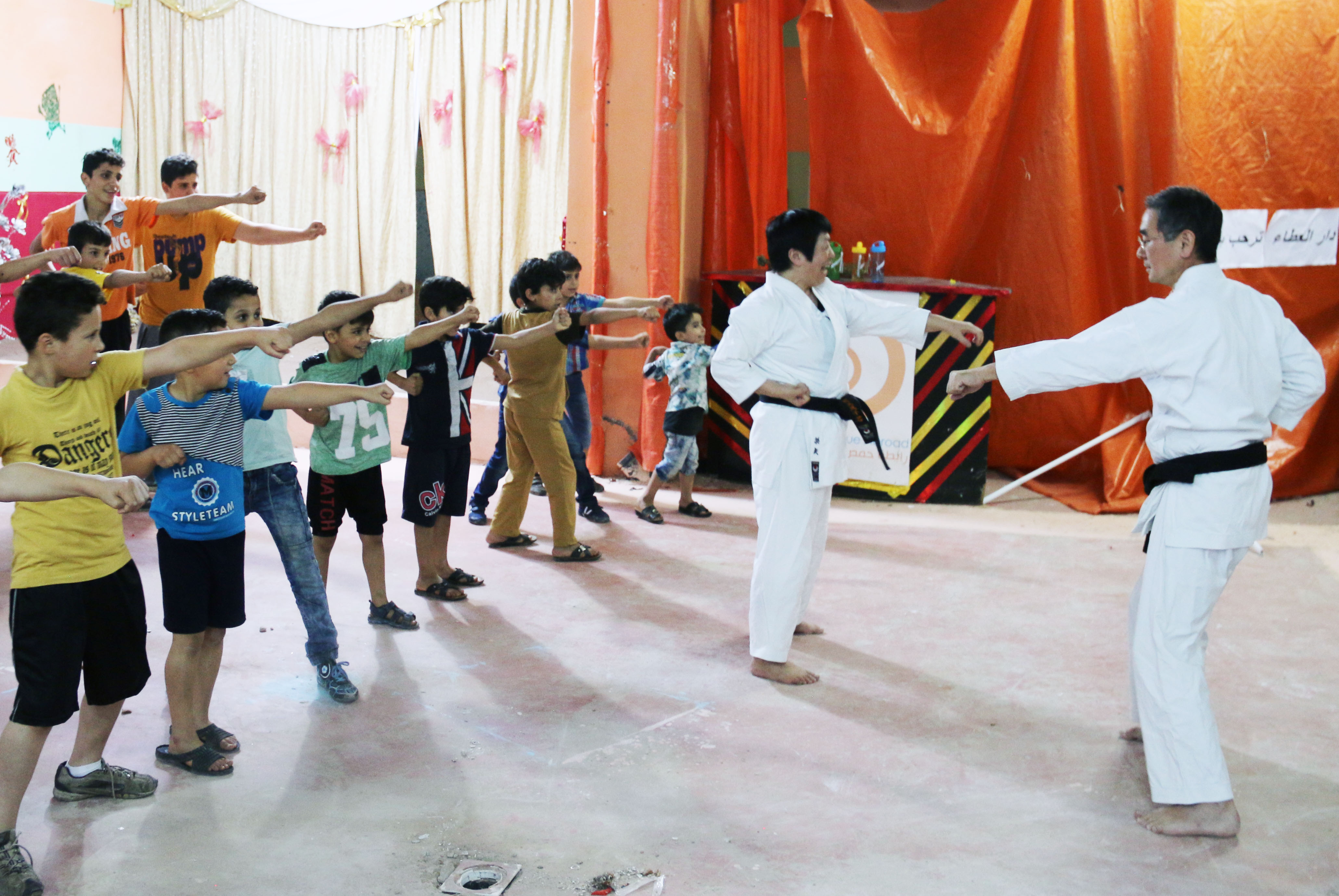
With all the difficulties refugees face, such as finding shelter and jobs, their emotional well-being and mental illnesses go unnoticed. But that is beginning to change. Refugee centers are working with the traumatized and severely injured refugees to find new hope and a new life in Jordan.
While tens of thousands of refugees live in Zaatari camp, some of them have moved to Amman, Jordan, and are working through the pain and trauma they have endured for years. According to the International Medical Corps, three-quarters of refugees need mental health support and treatment. Syrian refugee children are particularly at risk of mental health issues, as 79 percent of them have experienced death in the family and 60 percent of them have seen someone kicked, shot at or injured. Nearly half the children showed signs of PTSD.



